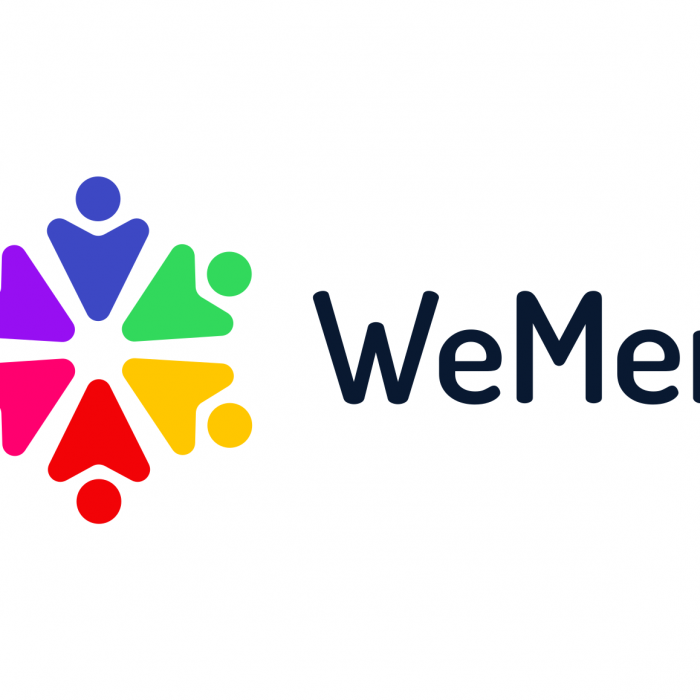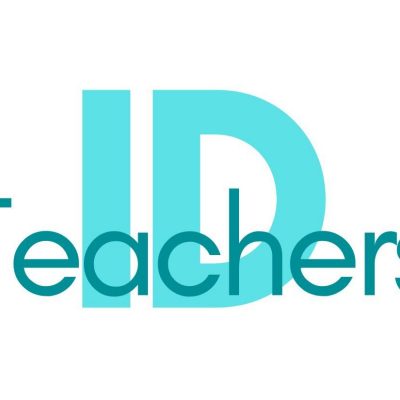
Date:
2020 - 2022
Category:
Erasmus+ KA2 Project Adult Education
Share Project:
We Men
Improving teaching methods in Emotional Intelligence and Gender Equality Training for Adult Educators through digital solutions.
There are large persistent gender gaps between women and men in Europe. On average, the gender employment gap in the EU is 11.6%. And 32.1% of women working part-time are at risk of poverty or social exclusion, in contrast to 8.9% of men (EC,2019). Higher gender equality would lead to up to 10.5 million additional jobs in 2050 due to improvements in gender equality (European Institute for Gender Equality, 2019) and gender equality in education has spill over effects also in other domains, such as employment.
Mainstreaming gender equality in education and training policy remains crucial in countries where equal access to education is taken as a given, which is the case in the majority of EU Member States. Challenging gender prejudices and stereotypes throughout the education cycle can reduce gender imbalances in other spheres of life. Therefore, it is essential that gender based stereotypes are deconstructed and challenged in all the areas of education and training.
The We Men project consortium believe that:
- Men should take part in the gender training area more actively than at present, as we cannot address gender inequality without also addressing men.
- Male gender trainers have a strategic role to transform attitudes of other men resistant to gender issue.
- Gender trainings should focus not only on analytical and conceptual skills but on personal context and transformative approach.
- The use of gender lenses to deconstruct gender stereotypes learned norms should be included in the field of adult education as a way of promoting (social) subjectivity of contemporary adult learners.
- There is growing evidence that Emotional Intelligence (EI) contributes towards increasing the performance, not only of learners, but also of teachers. Using training programmes in EI as a path to address Gender Equality Training (GET) could have multiple benefits, contributing to: (i) break male resistance to gender training; (ii) improve motivation, learning engagement and results; (iii) upskill both adult teachers and adult learners in a soft skill, the EI, increasingly required by a large majority of jobs.
- New approaches to GET should take full advantage of innovative teaching methods based on digital solutions. Blended learning, that uses apps, games or measurable programs to teach concepts, can promote deeper learning, reduce stress, and increase student satisfaction. Teachers can become also more engaged with their students.
During the We Men project lifespan, the We Men consortium will create the following innovative products:
1/ ECVET Educational Program on Gender Equality Training and Emotional Intelligence: The ECVET Educational Program consists of 7 learning units with defined learning outcomes in Knowledge, Skills and Responsibility and Autonomy. It is aimed at EQF level 4 and is focused on providing adult educators (at national and European level) with a tool that enhances the transfer and recognition of Learning Outcomes in Emotional Intelligence and Gender Equality Training.
2/ Output 2 is based on the ECVET Educational Program and consists of an Online Open Learning Materials Platform, which features:
a/ an E-Directory, a compilation of cutting-edge practices, projects, policies, methodologies, approaches, resources and tools in Emotional Intelligence and Gender Equality Training at national, European and international level.
b/ A Conceptual and Didactical Core (explanation and analysis of the concepts of the units defined in the Educational Program),
c/ Online Courses for Adult Educators to upskill their knowledge of Emotional Intelligence and Gender Equality Training (as per the units defined in the Educational Program)
d/ Practical Activities for each learning unit which Adult Educators can apply on final beneficiaries.
3/ Methodological Framework for the implementation of Adult Education training programmes in EI and GET.


